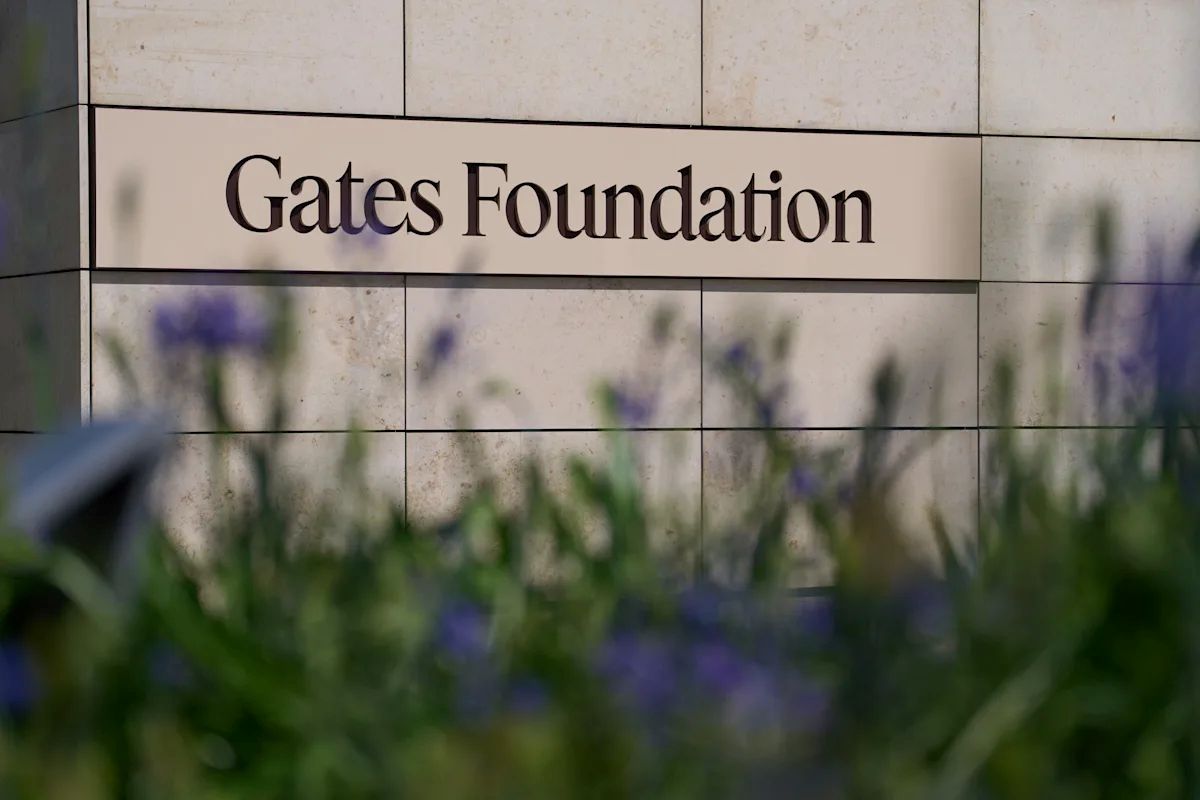In a powerful reaffirmation of its commitment to global health equity, the Bill & Melinda Gates Foundation has announced a $2.5 billion pledge toward research and development in women's health by 2030. The funding will target historically overlooked conditions such as maternal mortality, menstrual health, sexually transmitted infections, and chronic diseases that disproportionately affect women — particularly in low- and middle-income countries.
The announcement was made by Bill Gates during a visit to Berlin, where he underlined a stark global reality: "Too many women are still dying during childbirth, and too many others are forced to live in poor health simply because their needs are not seen as a priority."
Despite accounting for nearly half the global population, women's health needs remain underfunded and under-researched. According to data cited by the foundation, a mere 1% of healthcare R&D funding is allocated to conditions that exclusively or predominantly affect women.
This new $2.5 billion commitment aims to correct that imbalance by investing in a range of initiatives, including:
- Development of innovative diagnostic tools and treatment solutions for women’s health conditions.
- Expanded access to maternal and reproductive healthcare in underserved regions.
- Improved data systems to track gender-specific health trends.
- Support for female-led innovation in the global health ecosystem.
The funding will also support public-private partnerships, including collaborations with pharmaceutical companies, research institutions, and governments, with a focus on affordability and accessibility.
Global Health Impact: More Than Just Numbers
The Gates Foundation’s announcement is not just about money; it’s about realigning the global health research agenda with equity and justice. Maternal health, for instance, remains one of the most glaring gaps. According to WHO, nearly 800 women die every day from preventable causes related to pregnancy and childbirth — the vast majority in sub-Saharan Africa and South Asia.
The funding will address these disparities by supporting interventions that are culturally sensitive, community-based, and scalable across contexts where healthcare infrastructure is often fragile.
Melinda French Gates, who has long championed gender equity in health and development, emphasized in the foundation’s release that, “When we invest in women’s health, we invest in stronger families, stronger communities, and a stronger future for all.”
Connecting the Dots: Implications for India and the Global South
For countries like India, where maternal mortality rates have declined but gendered gaps in access and quality of care persist, this announcement is highly relevant. The potential ripple effects of the Gates Foundation’s commitment include:
- Strengthening primary healthcare systems in rural India.
- Boosting research on non-communicable diseases that affect Indian women disproportionately, such as cervical cancer, anemia, and thyroid disorders.
- Scaling innovations in digital health and telemedicine for reproductive and menstrual health, especially for adolescent girls.
Moreover, the funding commitment could catalyze new forms of South-South collaboration in women’s health innovation and data sharing — areas that remain nascent but urgently needed.
Editorial Perspective: Closing the Gender Data and Investment Gap
At TheCSRUniverse, we see this commitment as a long-overdue inflection point in global health financing. For decades, women’s health has been framed narrowly through the lens of fertility and childbirth, neglecting broader issues like mental health, chronic disease, and health equity.
More importantly, the lack of gender-disaggregated data has left critical policy and investment blind spots. By supporting better research and inclusive innovation, this initiative can help close both the data gap and the funding gap that have long hindered progress.
However, philanthropic capital alone cannot move the needle. Governments, especially in the Global South, must now step up with parallel investments, policy reforms, and localized strategies to ensure the impact of this commitment is widespread and enduring.




















.jpg)



